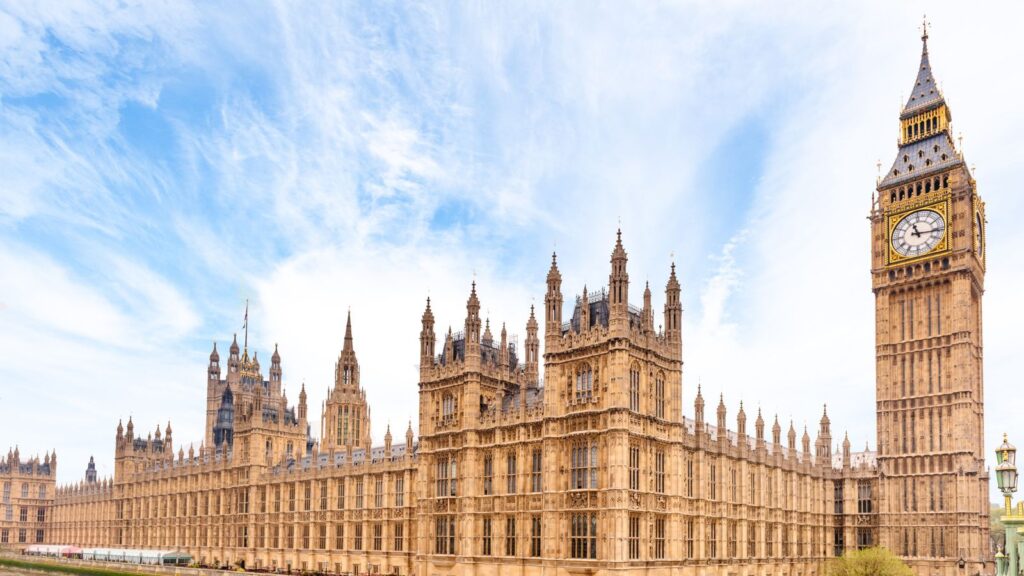
On Tuesday 24 June we hosted a fantastic event with Lloyds Banking Group (LBG) to launch our latest research – Attitudes to Whistleblowing, exploring how views towards Speaking Up differ across the generations.
With the world of work undergoing seismic shifts in recent years – from the acceleration of remote working to growing expectations around corporate ethics – we wanted to find out how today’s employees feel about whistleblowing and what this means for employers. Supported by LBG, we commission a You Gov survey* and held focus groups to probe workers of different ages on how they view whistleblowing and what employers could do to encourage them to speak up.
Main findings
- Majority of staff are willing to speak up but younger workers are less likely to raise concerns compared to older generations.
- The majority (86%) of workers aged 55 and over and 80% of 45-54 year-olds said health and safety concerns would trigger reporting. The biggest area of concern for younger workers was addressing sexual harassment (67% for 18-24 year olds and 76% for 25-34 year olds).
- 70% of the 18–24-year-olds said their employer would manage things very well or fairly well but this decreased to just under 50% of the 55+ age group.
- Barriers to reporting wrongdoing varied between age groups, with millennials (35-44 year olds) concerned with mental health issues more than any other age group and 18-24 year olds most concerned about jeopardising others people’s jobs.

At our launch event we were joined by a panel of speakers who shared their expertise and experience
- Tina Rusell, Independent consultant and Head of Professional Conduct Head of Professional Conduct at The Institution of Structural Engineers
- Peter Humphreys, an HR professional with a commercial background
- And Daniil Belogubov, Internal Audit Apprentice at Lloyds Banking Group
They all gave their take on the research and what they felt employers needed to consider going forward.
Daniil homed in on the fact the research had shown that younger people were more likely to raise concerns that impacted the individual – harassment, discrimination, etc… compared to older workers who logged fraud and health and safety as the most pressing issues. He aligned with the research findings regarding wanting to report issues anonymously and wanted reassurance that action would be taken if he raised a concern. Reflecting on the way employers roll out online training he made the point that his generation are digital-native and less likely to be engaged with standard AI-voiced training modules. His rallying call was for Speak Up teams to ensure they were making their training engaging and memorable.
Tina reflected on her own experience of being a whistleblower and sadly, not having a great experience with her employer. Drawing on her work in the HR field she identified with the research that illustrated that staff will often start a new job with “baggage” they accumulated in previous roles that will impact their view and trust of Speaking Up. In a question from the floor about working with Trade Unions, Tina said it was crucial for all organisations to include unions in the development and review of whistleblowing policies, and to set them up as a reporting line, she said “if they know you’re advocating for them then they will be keener to get onboard”. Tina also shared her experiences of dealing with what she termed “toxic positivity” workplace cultures where people only talk about the good things, and any mentions of areas of concern or improvement are looked down upon. This, she said, was a dangerous path to tread as it puts staff in difficult positions when trying to raise an issue or call out problems.
Peter said that it was hugely encouraging that the research found so many people confident to go to their line managers if they had something to raise. This, he felt, went against the conceptions that remote working culture was damaging in-person relationships. But he drew attention to the fact that while 70% of 18-24 year olds had said they were confident their employer would deal with whistleblowing concerns well – this still left 28% (more than a quarter) who did not. As the one generation as yet untainted by the world of work he felt this needed to be addressed.
Drawing on his work identifying generational differences Peter said it is important to know what your staff aren’t telling you. He raised an example of Gen Z staff using Glassdoor to share issues about their employer – things they had never raised or told their line managers about previously. With such a digitally fluent generation, he suggested providing opportunities to share issues, concerns, thoughts in a safe internal online space could prevent these topics from escaping into the public realm. And while saying all this about Gen Z, as a member of Gen X himself he said he wanted all this too!
You can download the report here.
We really hope this research sheds light on how values, work habits, and risk tolerance can shape whether and how different generations raise concerns. We also hope it offers insights for employers seeking to build trust and transparency across a multigenerational workforce. Ensuring you are appealing and addressing the needs of your whole workforce is essential and if you’re only just getting your head around managing Gen Z in the workplace, don’t get complacent – Generation Alpha are just around the corner…
* YouGov survey
All figures, unless otherwise stated, are from YouGov Plc. Total sample size was 2121 adults, including 140 aged 18-24. Fieldwork was undertaken between 2nd – 3rd June 2025. The survey was carried out online. The figures have been weighted and are representative of all GB adults (aged 18+).






